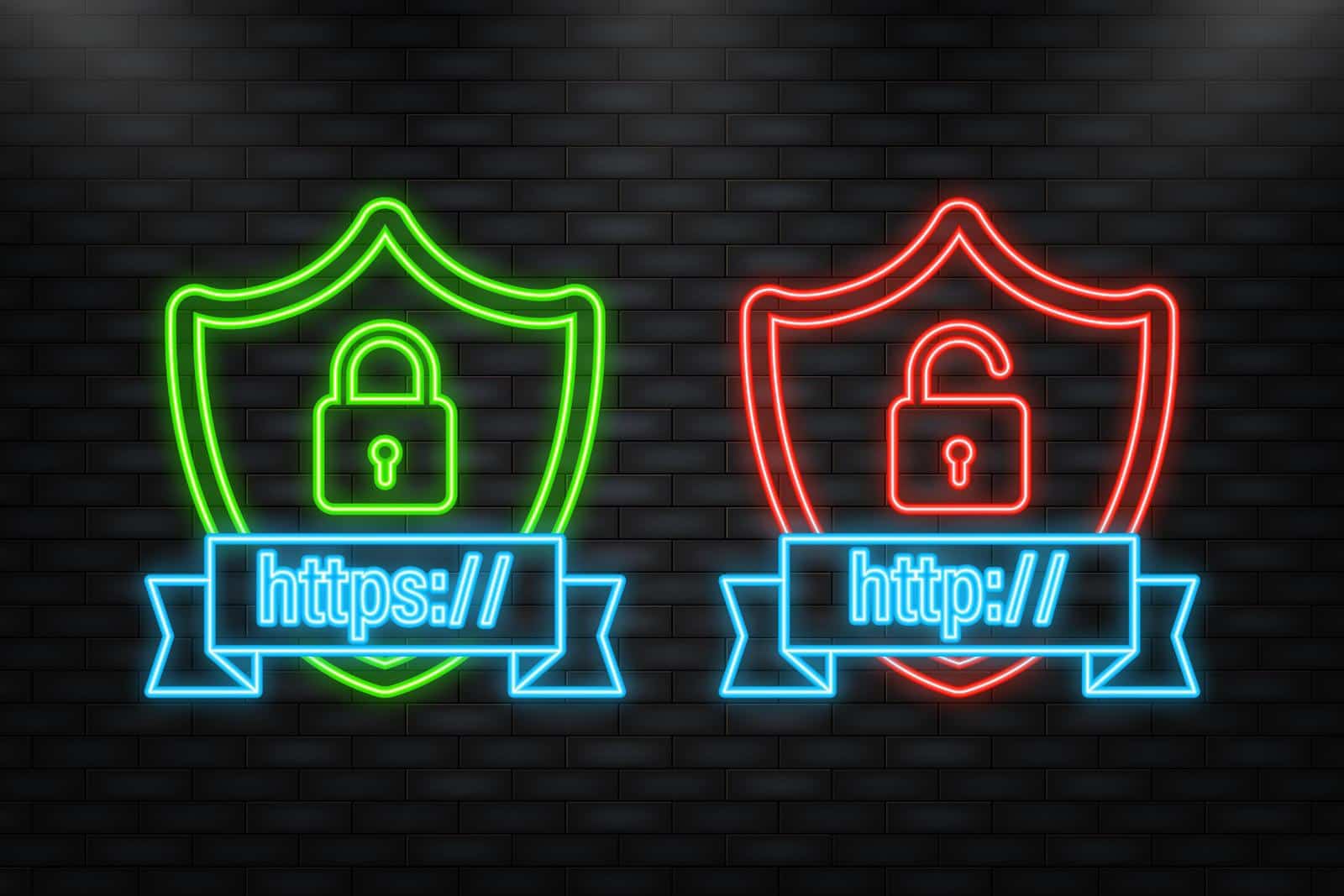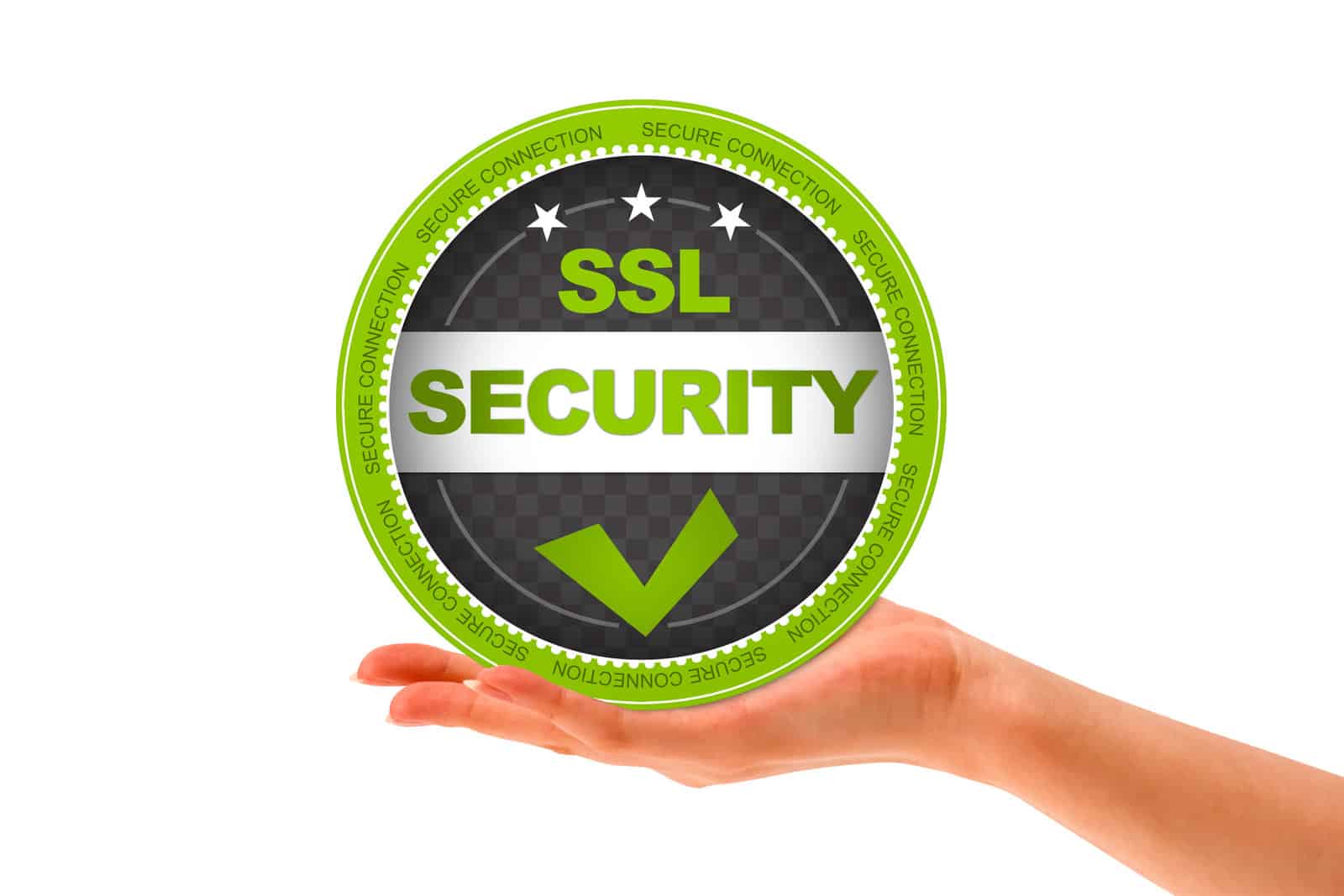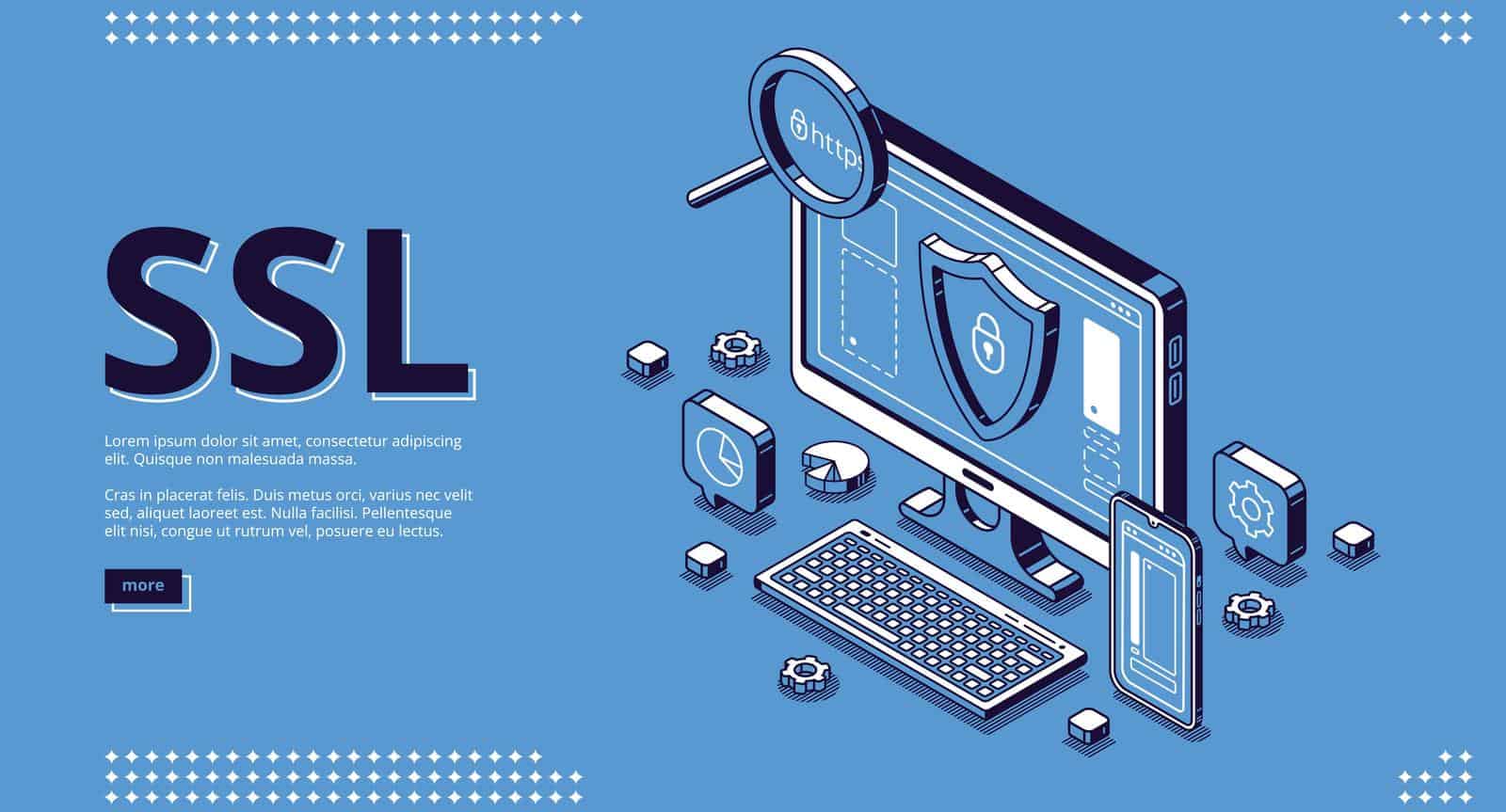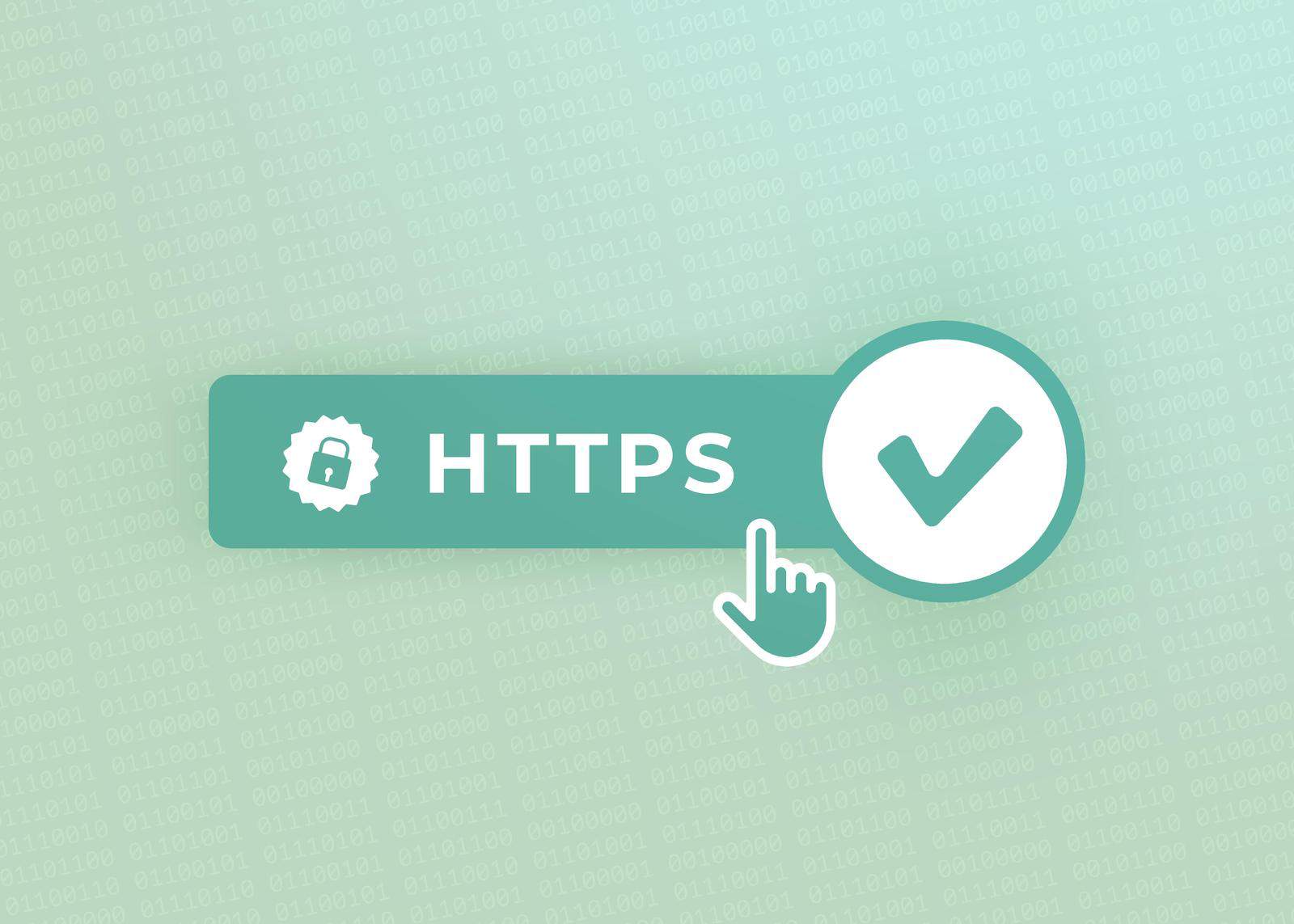Do I Need an SSL Certificate?
Overview
In today’s digital age, online security is more important than ever.
As a website owner, it’s crucial to ensure that your website is secure and your visitors’ information is protected.
One of the most effective ways to do this is by installing an SSL (Secure Sockets Layer) certificate.
An SSL certificate is a digital certificate that encrypts sensitive information, such as passwords and credit card numbers, as it travels from a user’s browser to your website’s server.
The SSL certificate also provides a secure connection between your website and its users, making it difficult for hackers to intercept or steal sensitive information.
Benefits Of Having An SSL Certificate
Having an SSL certificate on your website provides several key benefits that are essential for the security and success of your online presence.
Increased Security:
The main purpose of an SSL certificate is to encrypt sensitive information as it travels between a user’s browser and your website’s server. This helps prevent unauthorized access to sensitive information and protects against hacking attempts.
Improved Search Engine Rankings:
Websites with SSL certificates tend to rank higher in search engine results, as search engines like Google prefer secure websites. This can lead to more organic traffic and a stronger online presence.
Increased Trust and Credibility:
An SSL certificate provides a secure environment for your website’s visitors, which can increase trust and credibility with your audience. Visitors are more likely to engage with and trust a website that has taken the necessary steps to protect their information.
Compliance with Data Privacy Regulations:
For websites that handle sensitive information, such as credit card numbers or personal information, an SSL certificate is often a requirement to comply with data privacy regulations, such as the General Data Protection Regulation (GDPR).
Better User Experience:
An SSL certificate not only protects your website’s visitors, but it also provides a better user experience. Visitors are more likely to stay on your website and engage with its content if they feel confident that their information is secure.
How To Obtain An SSL Certificate
Obtaining an SSL certificate for your website is a straightforward process, but it does require some planning and preparation. Here are the steps to follow:
Choose a certificate authority (CA):
A certificate authority is a trusted organization that verifies the identity of a website and issues SSL certificates. Some popular certificate authorities include DigiCert, GlobalSign, and Comodo. Choose a CA that offers a certificate that meets your needs and budget.
Generate a certificate signing request (CSR):
A CSR is a file that contains information about your website, such as its domain name and location, and is required by the CA to issue an SSL certificate. You can generate a CSR using your website’s hosting control panel or through your CA.
Verify your domain ownership:
The CA will verify that you own the domain name for your website before issuing an SSL certificate. This process may involve confirming your email address, providing business information, or verifying the domain’s DNS records.
Install the SSL certificate:
After the CA verifies your domain ownership, they will issue an SSL certificate that you can install on your website’s server. Your hosting provider may offer a simple process for installing the certificate, or you may need to work with your website developer to install it.
Verify that your website is secure:
After installing the SSL certificate, verify that your website is secure by checking that the URL starts with “https” and that a padlock icon appears in the browser. You should also test the website to make sure that the SSL certificate is installed correctly.
Costs of SSL Certificate
The cost of obtaining an SSL certificate can vary depending on several factors, including the certificate authority you choose, the type of certificate, and the level of validation required.
Free SSL Certificates:
Some certificate authorities, such as Let’s Encrypt, offer free SSL certificates that can be installed on your website. These certificates are a good option for small websites or blogs that do not handle sensitive information.
Shared SSL Certificates:
Some hosting providers offer shared SSL certificates that can be used by multiple websites on the same server. These certificates are typically less expensive than individual SSL certificates and are a good option for small businesses with limited budgets.
Individual SSL Certificates:
For larger websites or e-commerce sites that handle sensitive information, individual SSL certificates are a better option.
Prices for individual SSL certificates can range from $50 to $500 per year, depending on the certificate authority and level of validation required.
Extended Validation (EV) SSL Certificates: EV SSL certificates provide the highest level of validation and security for a website.
These certificates can cost several hundred dollars per year, but provide added peace of mind for websites that handle sensitive information.
How To Install an SSL Certificate
Installing an SSL certificate on your website involves the following steps:
Choose a web hosting provider:
Your web hosting provider should offer SSL certificate installation and support. If your current provider doesn’t, consider switching to a provider that does.
Purchase an SSL certificate:
Choose a reputable certificate authority and purchase an SSL certificate that meets your needs.
Generate a certificate signing request (CSR):
A CSR is a file that contains information about your website, such as its domain name and location, and is required by the certificate authority to issue an SSL certificate. You can generate a CSR using your website’s hosting control panel or through your certificate authority.
Verify domain ownership:
The certificate authority will verify that you own the domain name for your website before issuing an SSL certificate. This process may involve confirming your email address, providing business information, or verifying the domain’s DNS records.
Install the SSL certificate:
After the certificate authority verifies your domain ownership, they will issue an SSL certificate that you can install on your website’s server. Your hosting provider may offer a simple process for installing the certificate, or you may need to work with your website developer to install it.
Configure your website to use HTTPS:
Once the SSL certificate is installed, you need to configure your website to use HTTPS instead of HTTP. This may involve updating your website’s code or using a plugin.
Verify that your website is secure:
After installing the SSL certificate, verify that your website is secure by checking that the URL starts with “https” and that a padlock icon appears in the browser. You should also test the website to make sure that the SSL certificate is installed correctly.
Conclusion
So, there you have it!
Having an SSL certificate is a must for any website in today’s digital landscape.
It offers so many benefits, like improved security, higher search engine rankings, and a better user experience for your visitors.
Getting an SSL certificate is a breeze, and it’s not expensive either!
You can choose a certificate that fits your needs and budget.
The installation process might require some technical know-how, but most web hosting providers can handle it for you, or you can work with a developer to get it done.
Once your SSL certificate is installed, make sure to switch your website to HTTPS and check that everything is secure.
This is important to keep your website and your visitors’ information protected.
In short, getting an SSL certificate is a smart move that’ll help keep your website safe, trustworthy, and ready to succeed online.





